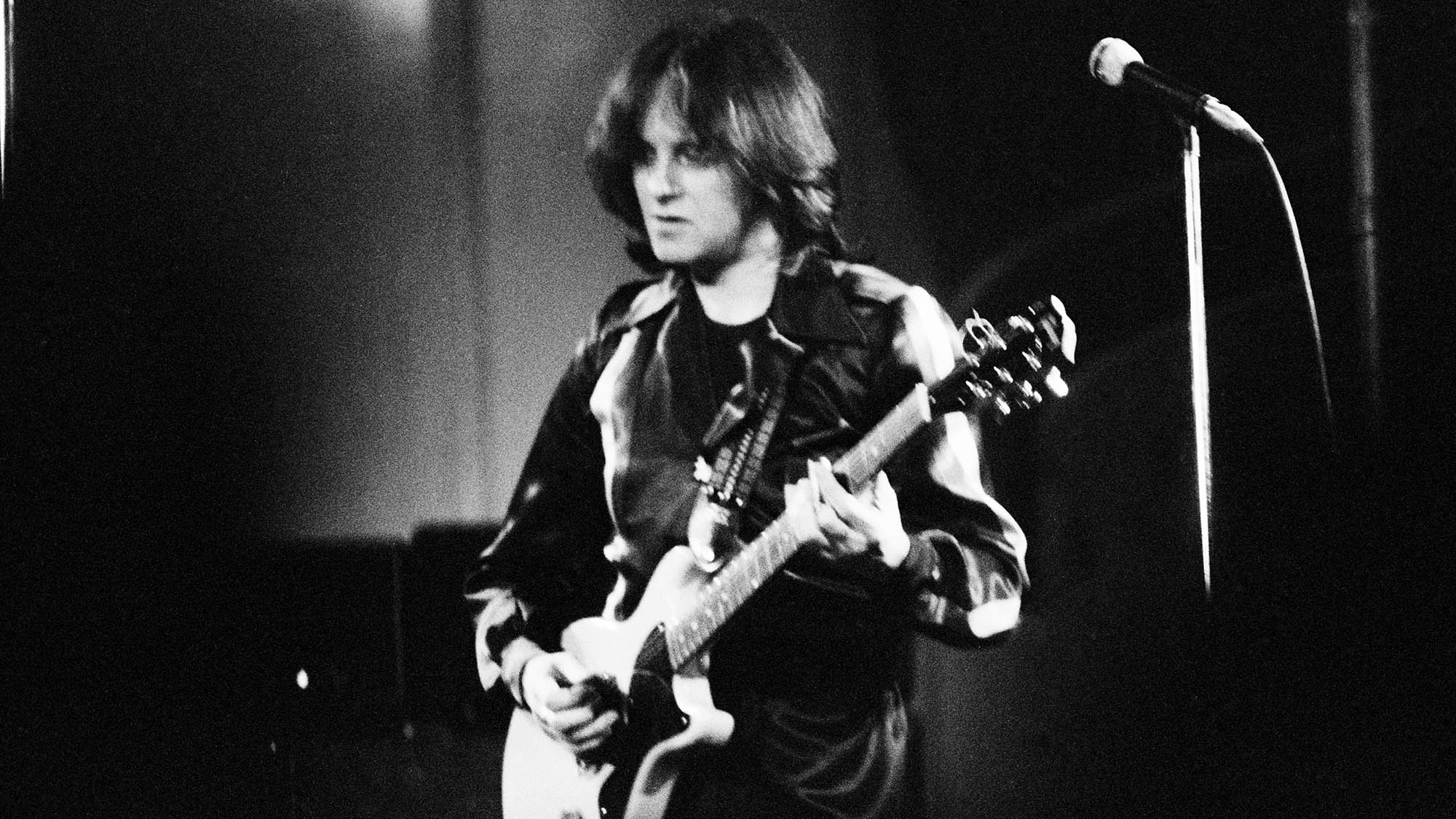
10cc were formed in Stockport, UK in 1972 by drummer Kevin Godley, guitarist and keyboard player Lol Crème, guitarist Eric Stewart, and bass player Graham Gouldman.
Each of the band members sang, wrote music and was a multi-instrumentalist. The albums were mostly recorded at their Strawberry Studios, with Stewart functioning as main engineer.
Godley and Crème were often seen as the more experimental side of the group, with Stewart and Gouldman the more pop-focused writers (Gouldman had written hits for The Hollies, Herman’s Hermits and The Yardbirds, while Stewart was a member of The Mindbenders, whose Groovy Kind Of Love topped the UK charts).
The band is known for pop classics such as I’m Not In Love, as well as more avant garde tracks like Art For Art’s Sake and Wall Street Shuffle. Godley and Crème’s Une Nuit A Paris is often cited as an influence on Freddie Mercury when writing Bohemian Rhapsody.
After initially being rejected by record labels including Apple, the band was taken on by music mogul Jonathan King, who signed them to his UK Records label. With the help of King, 10cc found airplay on UK radio stations and the debut single Donna reached number 2 on the UK charts.
By 1975, the band found itself more in demand after splitting from King, and on the strength of the upcoming mega-hit I’m Not In Love, were signed by Mercury Records.
In 1976, 10cc effectively split in half when Godley and Crème, and Stewart and Gouldman began to have significant disagreements as to where the direction of the group was going, with Godley and Crème deciding that the predictability of the writing wasn’t in line with their own artistic vision.
As is often the case when collaborations such as this dissolve, 10cc continued with new members but far less success. Their 1981 album Ten Out Of 10 failed to make an impact on the charts.
Stewart went on to work with Paul McCartney and Agnetha Faltskog of ABBA, Godley and Crème had hits as a duo, while Graham Gouldman formed Wax alongside Andrew Gold.
Stewart’s style is all about playing for the song and the band, and our track below takes on board some of the alternative, quirky pop sounds that 10cc employed.
We’re in the key of D major (D-E-F#-G-A-B-C#) and the main section features two-note chords that leave space for the rest of the ensemble. There’s a C major chord (C-E-G) from outside the key, while the solo uses D minor pentatonic scale (D-F-G-A-C).
The solo, as was often the case with 10cc, rather than aiming to show off or grab a moment in the spotlight, serves the song and introduces various melodic motifs that are repeated and developed. This is a useful way of starting to compose parts and define melodic ideas, so do try it yourself.
Get the tone
Amp Settings: Gain 5, Bass 7, Middle 6, Treble 7, Reverb 4
An ideal tone is a fairly crunchy one that’s then backed off for some of the rhythm guitar parts. Eric Stewart played a Gibson Les Paul in 10cc so a bridge humbucker would be ideal of possible, but make sure there isn’t too much front-end saturation. Modulation effects such as flanger or a chorus pedal are often employed, and a little bit of delay on the solo is a good idea.
Example 1
The main thing to focus on here is timing; there are a lot of rests and plenty of chords played on weaker beats in the bar, plus a lot of syncopation. It may help to start to get the ‘1 e + a’ 16th-note count going, because a number of the parts land on the final ‘a’ on some beats. A little time practicing should make perfect.
Example 2. Solo
This solo isn’t difficult to play, but again timing the phrases correctly will be the thing to work on. Treat the solo as a vocal part, imagining how a singer might time and phrase it. It’s a trick that Eric Stewart probably learned from his love of The Beatles and George Harrison.







